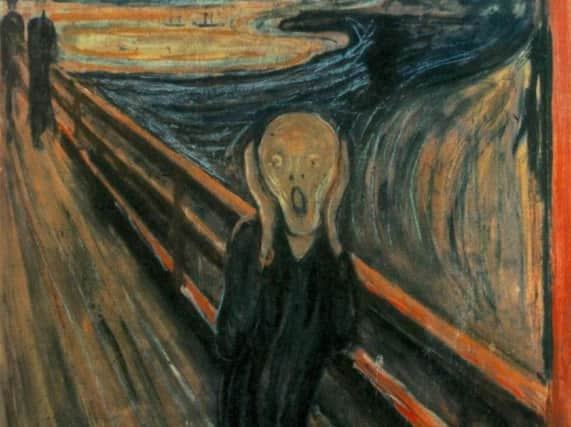Sheffield one of Britain's worst places for bad dreams and nightmares, survey reveals


The city came out in the top three locations in the UK where people experience the most frequent nightmares, with one in five (21%) experiencing less than pleasant dreams.
The survey by 247 Blinds uncovered the locations where people have the most disturbed sleep, the worst sleeping habits and the most nightmares and Sheffield made the top three.
Advertisement
Hide AdAdvertisement
Hide AdIn Birmingham, more than one in five respondents experience ‘frequent’ or ‘very frequent’ nightmares, more than any city in the country. In addition, a quarter (24%) of people from Birmingham have a poor quality of sleep.
Coventry also fared badly for nightmares, with 19% frequently experiencing them.
Southampton came out as the city of pleasant dreams, with 80% of residents responding that they rarely or infrequently have nightmares.
Across the UK, nearly a third (30%) of people described their sleep as ‘poor’, with 34% of women likely to have low quality sleep compared to just 24% of men.
Advertisement
Hide AdAdvertisement
Hide AdOn a city level, Newcastle had the best quality snoozes, with 52% of residents stating they have a good or very good quality of sleep. Sheffield and Glasgow came out in pole position for the worst cities to catch forty winks, with only 28% of people saying they get a good or very good quality of sleep.
The brand has collected the data into a map where users can explore the sleeping habits of each region in the UK.
The survey uncovered some alarming bad habits before bed across the country. More than one in ten typically drink alcohol before bed while one in six (18%) use a smartphone before going to sleep and almost a quarter (24%) use a computer.
Sleep expert Maryanne Taylor from The Sleep Works offered her advice as a response to these findings: “Stress and anxiety can be a huge factor in our sleep and raised adrenalin levels can inhibit the production of the sleep hormone, melatonin which is essential for restful sleep.
Advertisement
Hide AdAdvertisement
Hide Ad“Ensure you have a relaxing lead up to bedtime – switch off all screens for an hour before bed, have a bath, write a to do list for next day, keep lights dim, listen to music or read a book.”
Ms Taylor also commented on eating habits before bedtime: “Eat a light, low carbohydrate dinner in the evening and not too close to bedtime. Heavy, spicy meals eaten too late can upset the digestive system at night.”
When it came to helping getting to sleep, listening to music (19%), taking sleeping medication (17%) and using a blackout blind (17%) were the most popular aids.
Jason Peterkin, Director of 247 Blinds, who commissioned the survey, said: “We commissioned the survey to highlight how important a good night’s sleep is, and what people can do to help themselves achieve that. Our expertise is in blackout blinds, which are an ideal solution to one of the major problems we found – light pollution. “